M
I
C
R
O
S
T
O
R
Y
O
F
A
R
T
........................................................
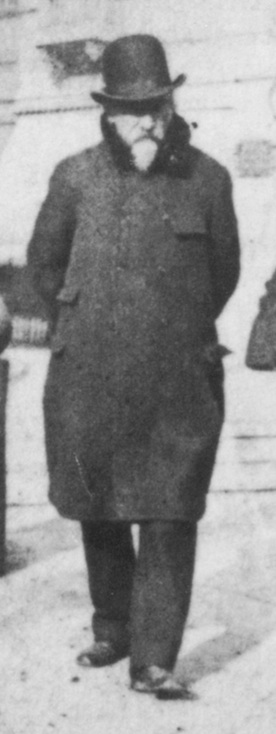
NOW COMPLETED:
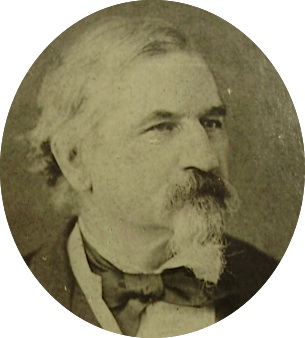
........................................................
MICROSTORY OF ART
ONLINE JOURNAL FOR ART, CONNOISSEURSHIP
AND CULTURAL JOURNALISM
........................................................
INDEX | PINBOARD | MICROSTORIES |
FEATURES | SPECIAL EDITIONS |
HISTORY AND THEORY OF ATTRIBUTION |
ETHNOGRAPHY OF CONNOISSEURSHIP |
SEARCH
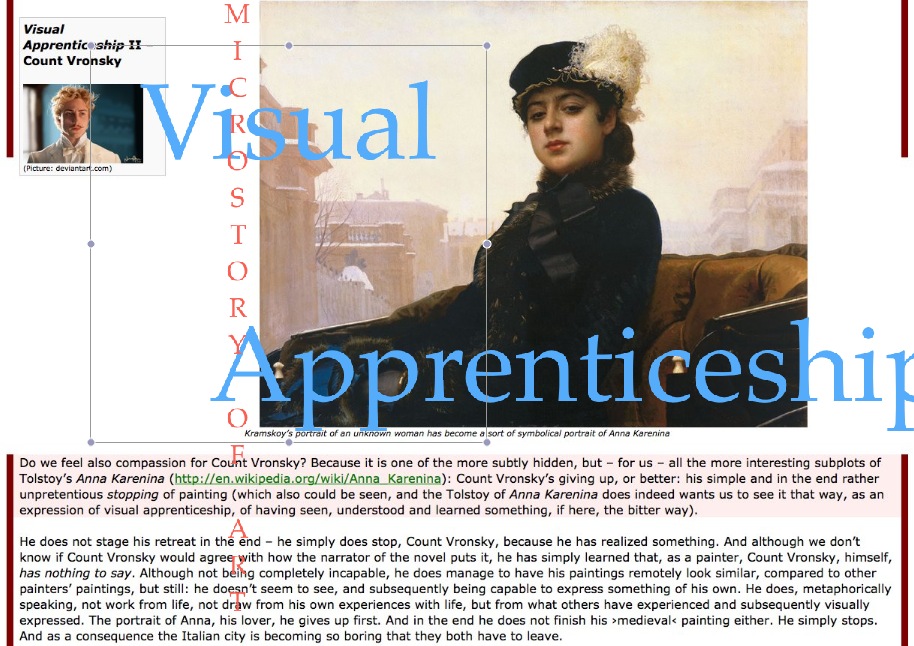
........................................................

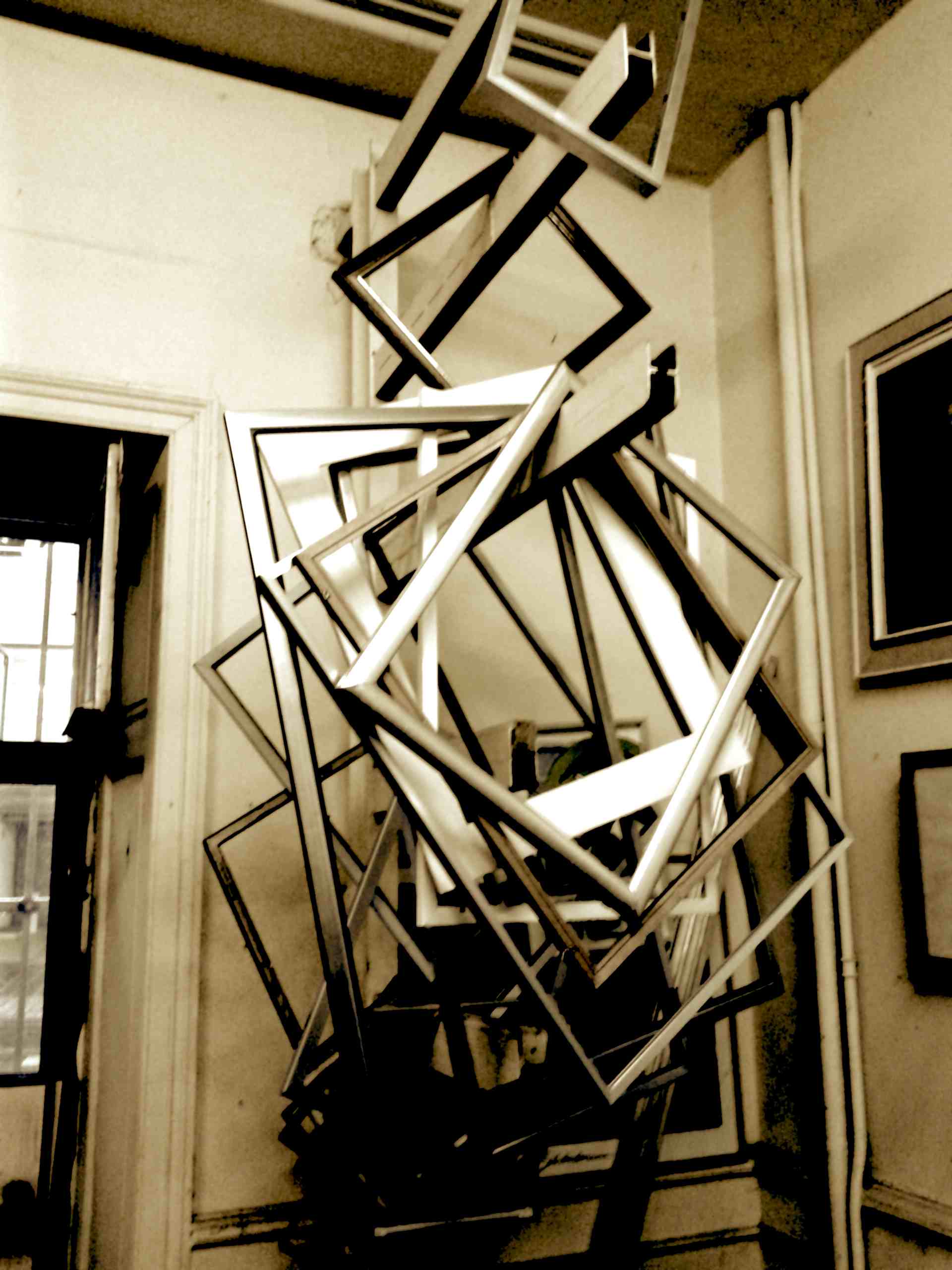
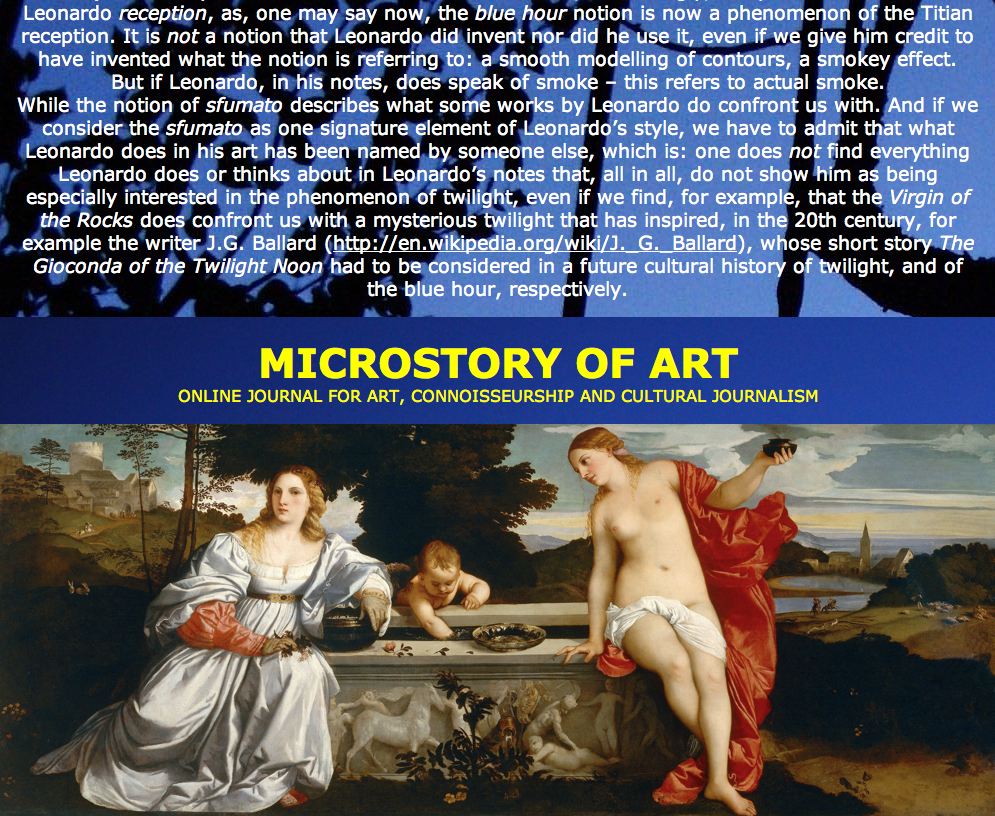
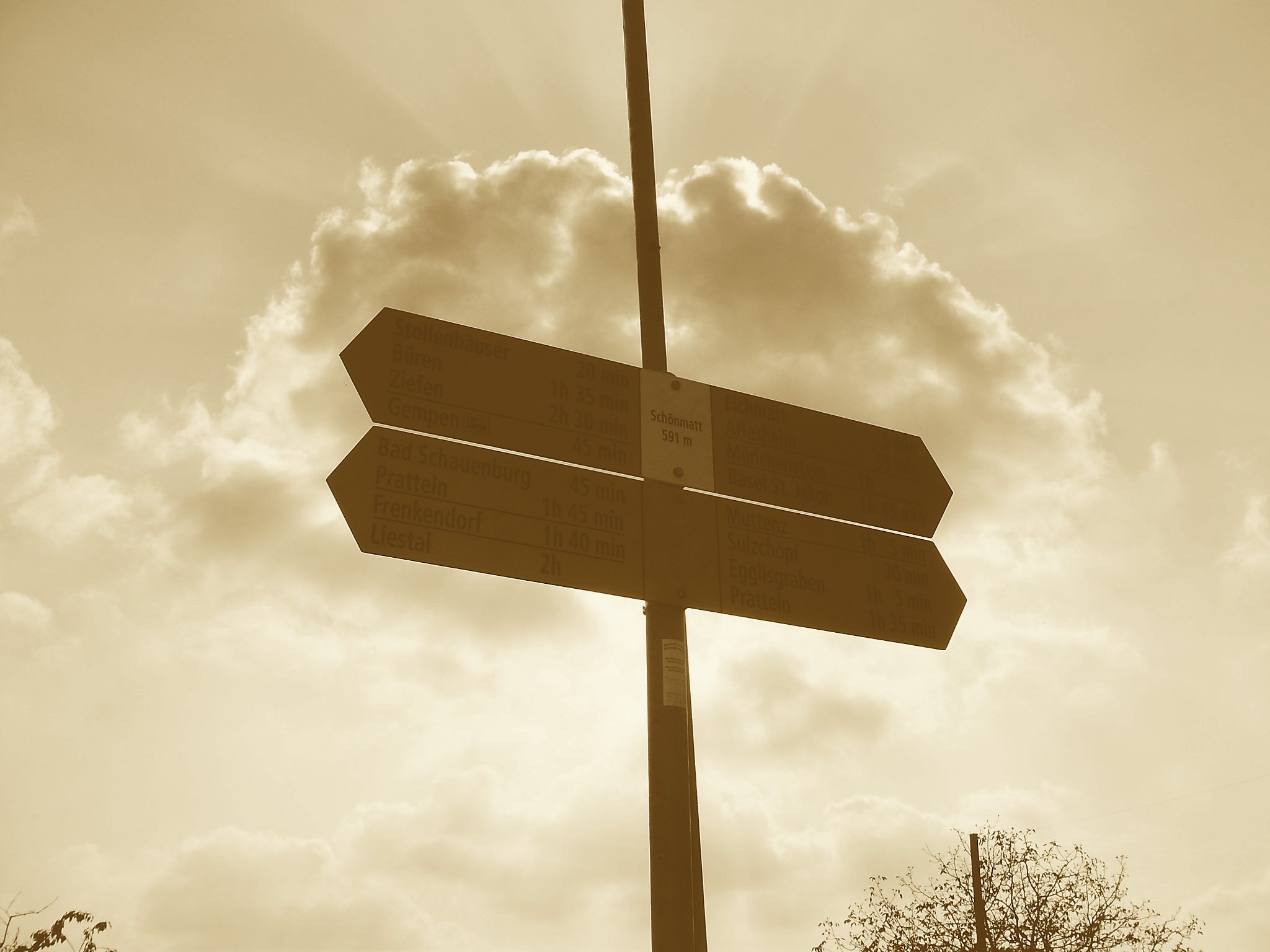 >MICROSTORIES
>MICROSTORIES
- Richard Serra
- Martin Scorsese
- Claude Simon
- Sunshine
- Werner Herzog
- The Creation
- Marcel Duchamp
- Nino Rota
- Wölfflin and Woolf
- Hansjörg Schneider
- Kraftort Arkadien
- Visual Biography
- Schlaraffenleben
- Die Geisteswissenschaften
- The Voyeur
- Buzzword Sustainability
- Paul Verlaine
- Tao Yuanming
- New Beginning
- Seneca
- Still Lifes
- Charles Baudelaire
- Frédéric Chopin
- The Art History of Sustainability
- Wang Wei
- Solarpunk
- Historians of Light
- Lepanto
- Renaturalization
- Plates
- Snow in Provence
- Learning to See
- Picasso Dictionaries
- Peach Blossom Spring
- Picasso Tourism
- Tipping Points
- Sviatoslav Richter
- Weather Reports
- Treasure Hunt
- Another Snowscape in Picasso
- Picasso in 2023
- Dragon Veins
- The Gloomy Day
- The Art of the Pentimento
- Reforestation
- The Status of Painting
- Emergency Supply
- Punctuality
- Watching Traffic
- Zhong Kui
- How Painting Survived the 1990s
- Confirmation Bias
- Sustainability and Luxury
- Garage Bands
- Picasso and Artificial Intelligence
- Eyes of Tomorrow
- Picasso in 2023 2
- Gluing Oneself to Something
- Suburbia
- Bamboo
- Sustainability and Carpe Diem 1
- Interviews with Bruegel
- Sustainability and Carpe Diem 2
- Coffee & Sugar
- Bamboo 2
- Picasso in 2023 3
- Sustainability and Carpe Diem 3
- Cherry Orchard
- Old Magazines
- Chance
- Nick Drake
- Harlequin
- The Smartphone & the Art Book
- Atlas Syndrome
- The Kitchen
- Atlas Syndrome 2
- Consideration
- Tori Amos
- School
- Orchard Auctioning Day
- The Hundred Years’ War
- Sócrates
- Chameleon
- Nefertiti Bust
- Picasso as a Computer
- Sunflowers
- Philemon & Baucis
- Ode to the Radio
- Childhood
- Wimmelbild
- Restitution
- Nick Drake 2
- Wishful Thinking
- Sundays
- The Independent Scholar
- September
- The Fisherman by Pirosmani
- Microadventure
- Sociology
- Salvator Mundi
- Chillon
- Appassionata
- Amber
- Homer
- Berlin
- Planet Walk
- Improvisation
- Seeing Picasso
- These Nice Kids
- Robber
- The One
- The Sea Turtle
- Zoo
- Through the Hush
- Wunderkammer
- I Do Not Seek, I Find
- Shopping Mall
- Food Hamper
- The Secretary
- This Gate
- Nor Rainy Day
- House on a Hill
- Beautiful Island
- Second-hand Bookstore
- Flat
- Slap in the Face
- Serra, Wenkenpark
- Apologies
- The Bells
- Nordmann Fir
- Picasso Wanting To Be Poor
- Picasso, Pirosmani
- A Brief History of Sculpture
- 24 Sunsets
- Rusty Phoenix
- Glove
- Wintry Stanza
- A Song
- Like A Beatle
- Catching An Orange
- Solar Bees
- Permaculture

 >FEATURES
>FEATURES
- Van Gogh On Connoisseurship
- Two Museum’s Men
- Ende Pintrix and the City in Flames
- Titian, Leonardo and the Blue Hour
- The Man with the Golden Helmet: a documentation
- Un Jury d’admission à l’expertise
- Learning to See in Hitler’s Munich
- Leonardo da Vinci and Switzerland
- The Blue Hour Continued
- The Blue Hour in Louis Malle
- Kafka in the Blue Hour
- Blue Matisse
- Blue Hours of Hamburg and LA
- A Brief History of the Cranberry
- The Other Liberale in the House
- The Blue Hour in Raphael
- Who Did Invent the Blue Hour?
- Monet on Sustainability
- Velázquez and Sustainability
- The Blue Hour in Guillaume Apollinaire
- Van Gogh on Sustainability
- The Blue Hour in Marcel Proust
- Picasso and Sustainability
- The Contemporary Blue Hour
- The Blue Hour in 1492
- The Blue Hour in Hopper and Rothko
- Hopper and Sustainability
- The Blue Hour in Ecotopia
- The Hour Blue in Joan Mitchell
- Explaining the Twilight
- The Twilight of Thaw
- The Blue Hour in Pierre Bonnard
- Explaining the Twilight 2
- Picasso on Stalin
- Rubens on Sustainability
- The Salvator Mundi in Bruegel and Rubens
- The Blue Hour in Leonardo da Vinci and Poussin
- The Blue Hour in Rimbaud
- Faking the Dawn
- Frost and Thaw in Ilya Ehrenburg
- Picasso, Stalin, Beria
- Picasso, Solzhenitsyn and the Gulag
- Shostakovich on Picasso
- Hélène Parmelin in 1956
- Historians of Picasso Blue
- Picasso Travelling to Moscow 1
- The Blue Hour in Caravaggio
- Picasso Travelling to Moscow 2
- Picasso, the Knife Game and the Unsettling in Art
- Some Notes on Leonardo da Vinci and Slavery
- Picasso Moving to the Swiss Goldcoast
- The Blue Hour in Camus
- The Blue Hour in Symbolism and Surrealism
- Caspar David Friedrich in His Element
- Exhibiting the Northern Light
- Caspar David Friedrich in His Element 2
- Robert Schumann and the History of the Nocturne
- The Blue Hour in Robert Schumann
- Caspar David Friedrich and Sustainability
- The Twilight of Thaw 2
- Multicultural Twilight
- The Blue Hour in Anton Chekhov
- The Blue Hour in Medieval Art
- Twilight Photography
- The Blue Hour in Bob Dylan
- Iconography of Optimism

 >SPECIAL EDITIONS
>SPECIAL EDITIONS
- Visions of Cosmopolis
- Mona Lisa Landscapes
- Turner and Ruskin at Rheinfelden
- Painters On TV & On TV
- Spazzacamini in Art
- A Last Glance at Le Jardin de Daubigny
- The Experimental Cicerone
- A Dictionary of Imaginary Art Historical Works
- Iconography of Blogging
- Begegnung auf dem Münsterplatz
- Cecom
- Das Projekt Visual Apprenticeship
- Those Who See More
- A Fox on Seeing with the Heart
- Sammlung Werner Weisbach
- Daubigny Revisited
- Some Salvator Mundi Microstories
- Some Salvator Mundi Afterthougths
- Some Salvator Mundi Variations
- Some Salvator Mundi Revisions
- A Salvator Mundi Questionnaire
- A Salvator Mundi Puzzle
- Unknown Melzi
- Francis I and the Crown of Charlemagne
- From Amboise to Fontainebleau
- Drones Above Chambord
- Looking Back At Conques
- Flaubert At Fontainebleau
- Images of Imperial Ideology
- The Chronicles of Santa Maria delle Grazie
- Seeing Right Through Someone
- Melzi the Secretary
- Eying Glass
- A Foil to the Mona Lisa
- A Renaissance of the Cartoon
- Sketching a Family Tree
- Venetian Variations
- A Brief History of Digital Restoring
- A Consortium of Painters
- Leonardeschi and Landscape
- A Christ in Profile
- Learning to See in Spanish Milan
- A History of Gestures
- Leonardo and Josquin
- A Renaissance of the Hybrid
- Suida and Heydenreich
- The Watershed
- Three Veils
- From Beginning to End
- Connoisseurship of AI
- Twilight and Enlightenment
- The Blue Hour in Chinese Painting
- Dusk and Dawn at La Californie
- Iconography of Sustainability
- The Blue Hour in Goethe and Stendhal
- The Sky in Verlaine
- The Blue Hour in Paul Klee
- Iconography of Sustainability 2
- The Blue Hour in Charles Baudelaire
- From Bruegel to Solarpunk
- Some Salvator Mundi Documentaries
- Some More Salvator Mundi Monkey Business
- The Windsor Sleeve
- Brigitte Bardot’s Encounter with Picasso
- Art Historians and Historians
- A Salvator Mundi Chronicle
- The Salvator Mundi and the French Revolution
- The Fontainebleau Group
- The Encounter of Harry Truman with Pablo Picasso
- The Fontainebleau Group Continued
- The Windsor Sleeve Continued
- The Salvator Mundi in Early Netherlandish Painting 1
- Some Salvator Mundi Resources
- A New Salvator Mundi Questionnaire
- The Woman in Picasso
- The Yarborough Group
- Melzi, Figino and the Mona Lisa
- The Yarborough Group Continued
- A Salvator Mundi Global History
- The Salvator Mundi in Medieval Art
- The Salvator Mundi in Medieval Art 2
- The Salvator Mundi in Early Netherlandish Painting 2


 >HISTORY AND THEORY OF ATTRIBUTION
>HISTORY AND THEORY OF ATTRIBUTION
- The Mysterious »Donna Laura Minghetti-Leonardo«
- Assorted Demons of Connoisseurship
- Panofsky Meets Morelli
- Discovering the Eye of Sherlock Holmes
- Handling the Left-handed Hatchings Argument
- Visual History of Connoisseurship
- Alexander Perrig
- Connoisseurship in 2666
- What Postmodernity Has Done to Connoisseurship
- Dividing Four Fab Hands
- A Leonardesque Ambassador
- Test Cases in Connoisseurship
- A Raphael Expertise
- How to Tell Titian from Giorgione
- Louise Richter
- The Unique Property in the History of Connoisseurship
- An Expertise by Berenson
- The Book of Expertises
- An Album of Expertises
- An Expertise by Friedländer
- A Salvator Mundi Provenance
- How to Tell Leonardo from Luini
- An Expertise by Crowe and Cavalcaselle
- An Expertise by Bayersdorfer
- An Expertise by Hermann Voss
- An Expertise by Hofstede de Groot
- Leonardeschi Gold Rush
- An Unknown »Vermeer«
- An Expertise by Roberto Longhi
- An Expertise by Federico Zeri
- A Salvator Mundi Geography
- A Salvator Mundi Atlas
- The Bias of Superficiality
- 32 Ways of Looking at a Puzzle
- James Cahill versus Zhang Daqian
- Five Fallacies in Attribution
- On Why Art History Cannot Be Outsourced to Art Dealers
- On Why Artificial Intelligence Has No Place in Connoisseurship
- Salvator Mundi Scholarship in 2016
- Leonardo da Vinci at the Courts
- The Story of the Lost Axe
- The Last Bruegel
- A Titian Questionnaire
- On Where and Why the Salvator Mundi Authentication Did Fail
- The Problem of Deattribution

 >ETHNOGRAPHY OF CONNOISSEURSHIP
>ETHNOGRAPHY OF CONNOISSEURSHIP
MICROSTORY OF ART
ONLINE JOURNAL FOR ART, CONNOISSEURSHIP
AND CULTURAL JOURNALISM
........................................................
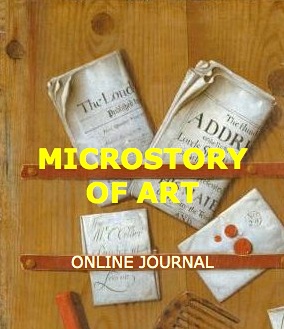
***
ARCHIVE AND FURTHER PROJECTS
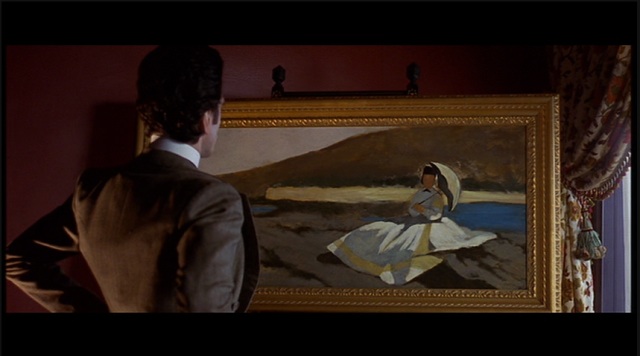
1) PRINT
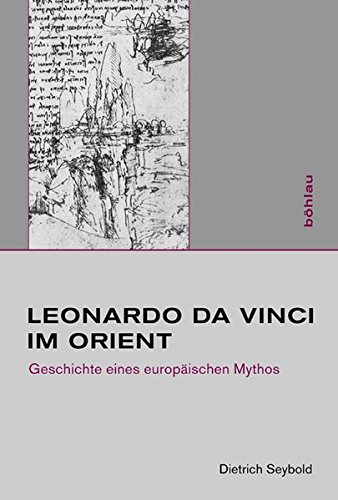
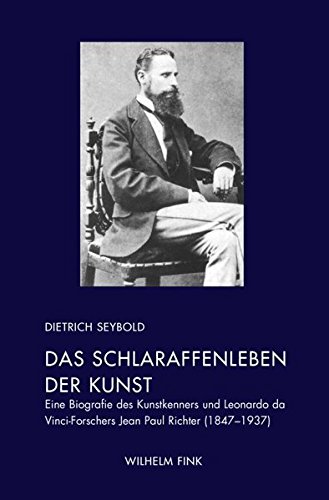
***
2) E-PRODUCTIONS
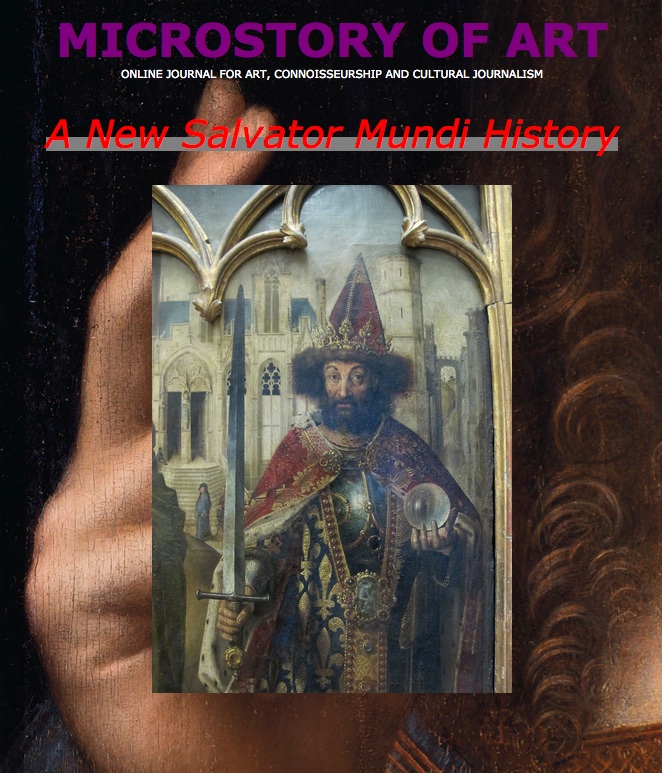
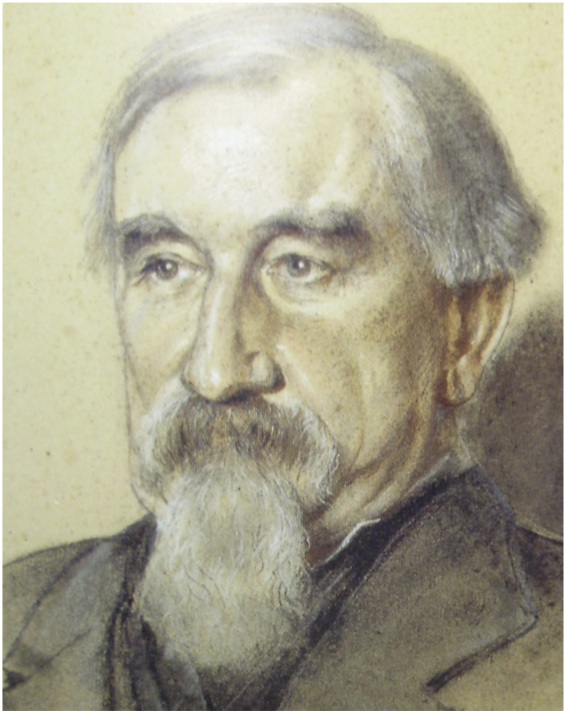
........................................................
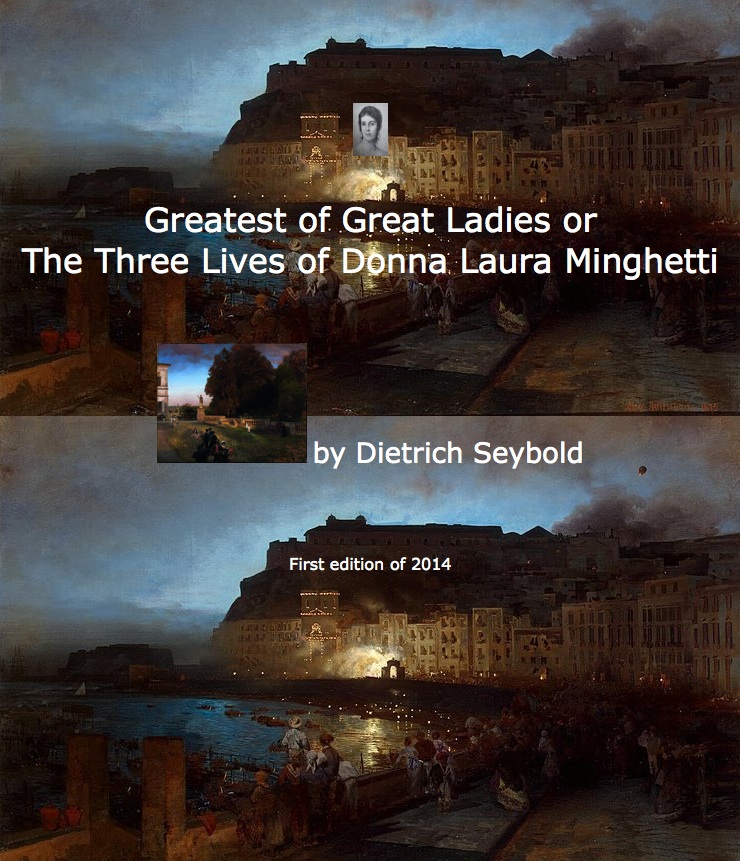
........................................................
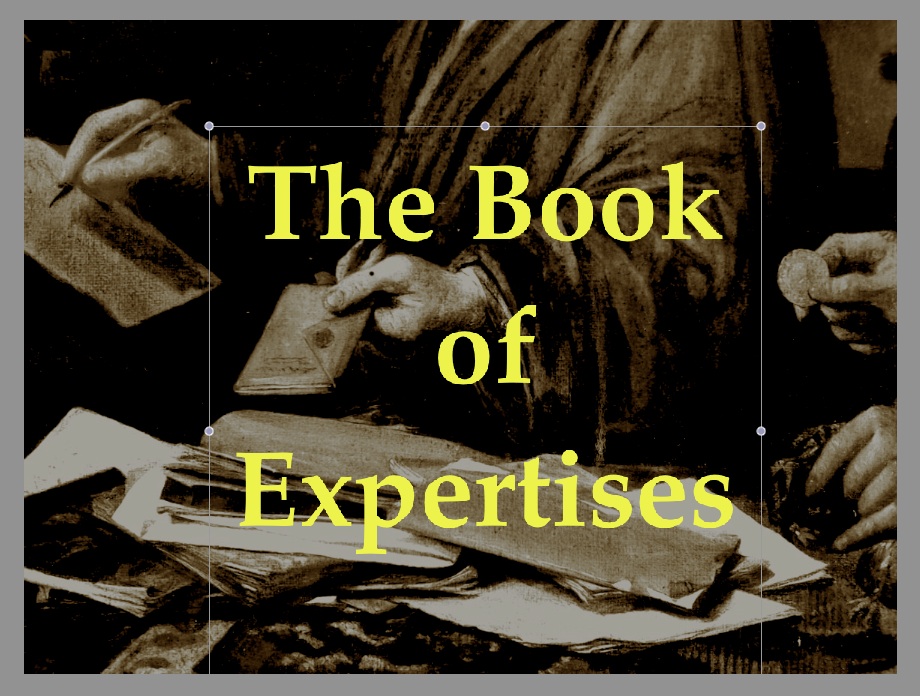
........................................................
FORTHCOMING:
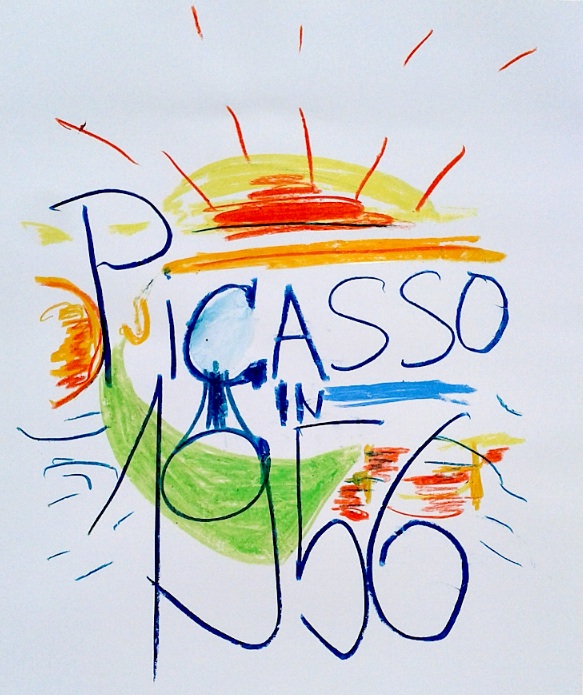
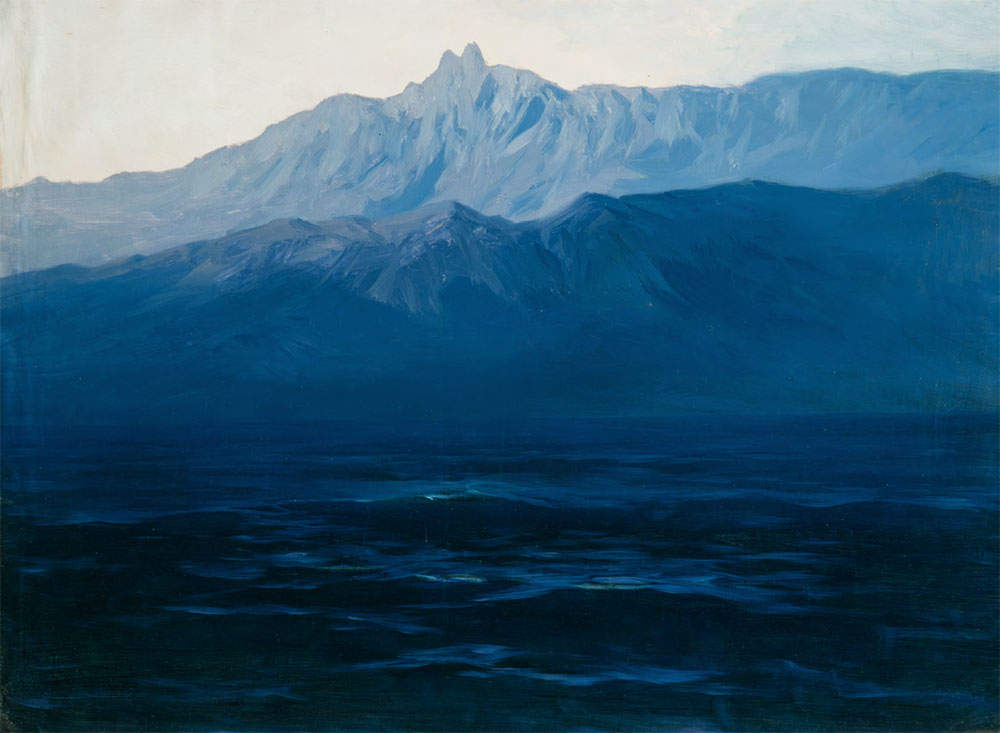
***
3) VARIA

........................................................

........................................................
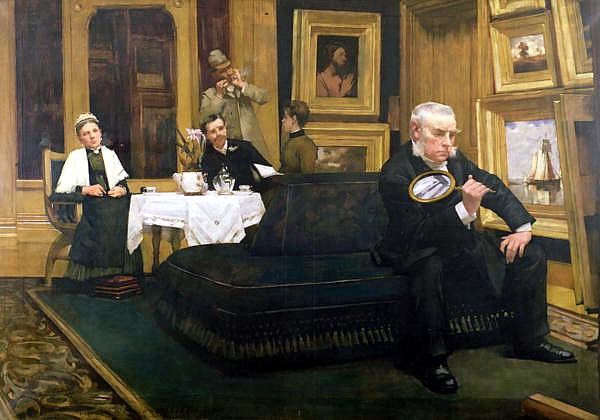
........................................................

........................................................
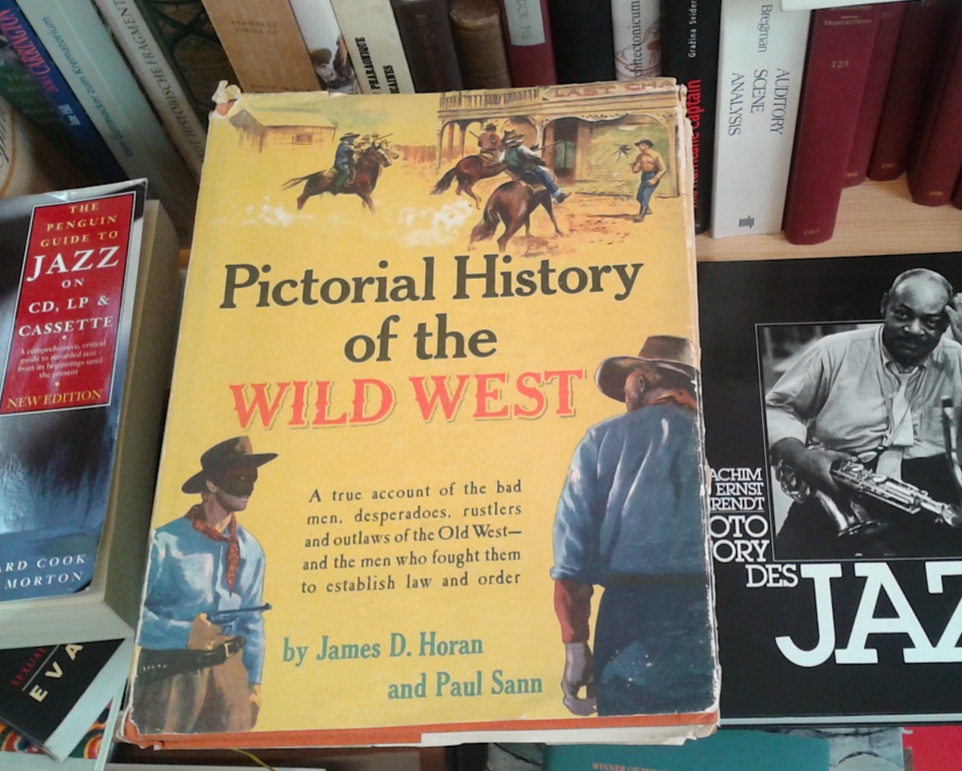
........................................................
***
THE GIOVANNI MORELLI MONOGRAPH

- The Giovanni Morelli Monograph
........................................................
MICROSTORY OF ART
ONLINE JOURNAL FOR ART, CONNOISSEURSHIP AND CULTURAL JOURNALISM
HOME
Picasso on Stalin

(Picture: Gabor B. Racz)
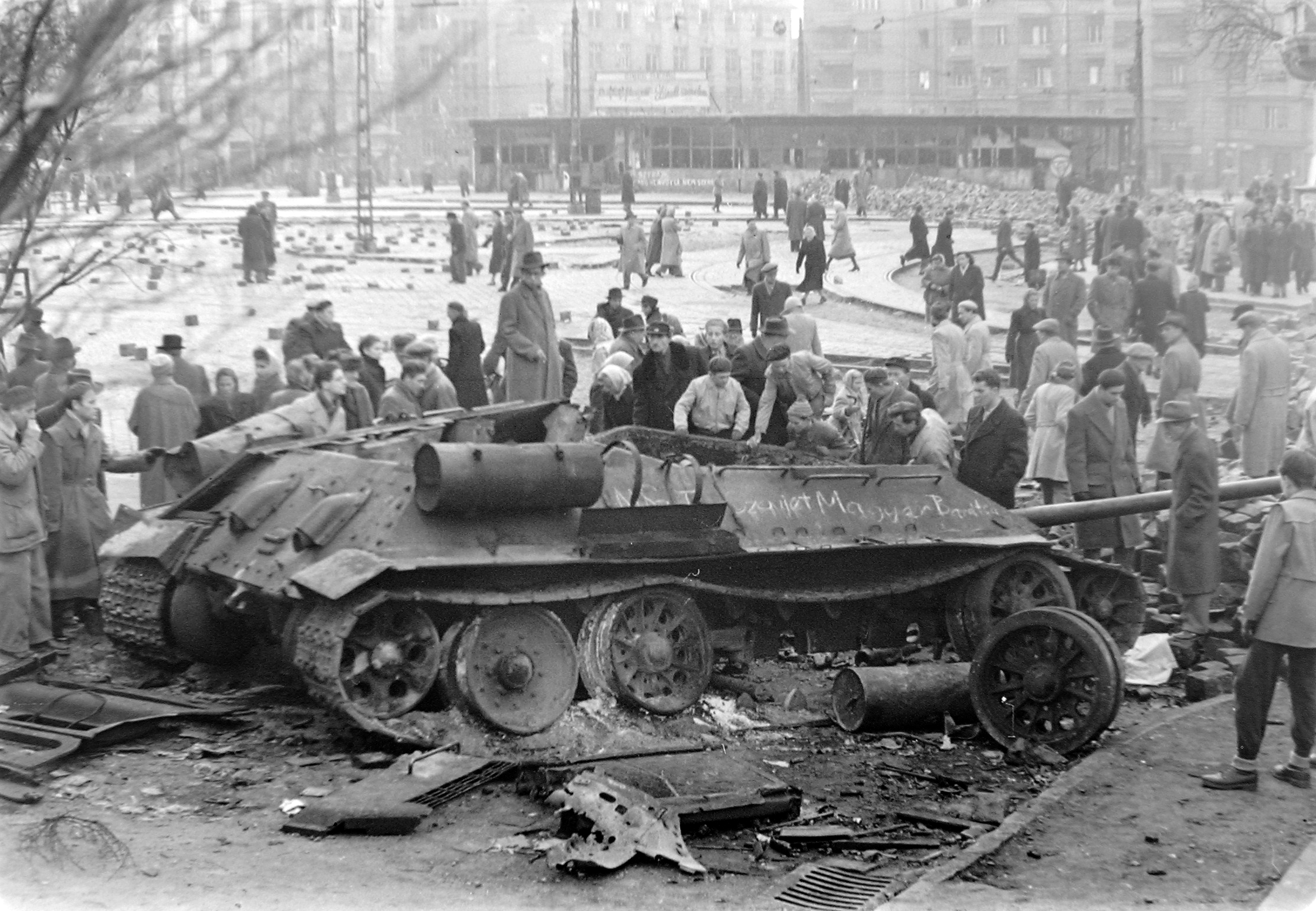
(Picture: author unknown)
(3.-4.11.2022) For mysterious reasons it was only in the July 1957 issue of the Atlantic Monthly that the journalist Carlton Lake published his reportage on a visit at Pablo Picasso, a visit that had taken place – as can be concluded from certain details – shortly after Picasso’s 75th birthday – with bouquets still standing around in the villa La Californie at Cannes –, shortly after October 25, 1956, this is, and this means also: still during the Hungarian crisis, or better the Hungarian Uprising, and thus at a time of extreme political tensions in the world, which looked at Hungary, but also at Egypt (and the Suez Crisis).
Early in this very year of 1956, in February, Nikita Khrushchev had initiated de-Stalinization with his so-called ›Secret Speech‹. And for mysterious reasons the reportage by Lake, who was to become notoriously famous several years later (for publishing a very controversial book on Picasso in collaboration with Françoise Gilot in 1964), Picasso biographers have never fully taken into account what Picasso said to Lake, which is: what Picasso said to Lake on Stalin, the crises in Poland and Hungary in the wake of the ›Secret Speech‹, and on his political stance in general. Does Pablo Picasso not deserve fair biographical writing? Does Pablo Picasso not deserve his political stances to be represented accurately and in a balanced manner? We think that he does. And it is fairly strange that, up to the present day, Picasso biography does leave much to be desired in that respect. Below we relate what Picasso, according to Lake, had to say on Stalin, communism, and the Communist Party, and we will put, what Picasso had to say, it its context (of the year of 1956), but also in the context of Picasso biography in general, and we will start with looking at what Picasso biographers were actually doing in 1956 (and, regarding the matter of Picasso’s political stance) also later, respectively up to the present day.
A Coming and Going of Biographers
The year of 1956 saw – very literally – a coming and going of Picasso biographers – in Picassos’s villa at Cannes: Antonina Vallentin was finalizing her biography which covers Picasso’s life up to January 1956, and paid a last visit on a rainy day in January 1956 at La Californie (which she recounts in her book). Patrick O’Brian, however, had lost direct access to Picasso due to not being close to his now-companion, Jacqueline Roque. The actual eyewitnesses in 1956 were Roland Penrose, who already was doing research for his biographical project as well as he was seeing Picasso on countless occasions, and who was keeping journals (which have been published in 2006), and John Richardson, who, in contrast to Penrose, had not yet such plans, although he was actually editing (and publishing in 1956) a book on Picasso’s watercolors and gouaches. John Richardson was around occasionally, had not the slightest inkling (as he acknowledged later) what was going on politically, tended to ignore the political Picasso (because Richardson found him rather embarrassing), and said later that it was Pierre Daix who had the best knowledge of the political Picasso. For Daix, Picasso was to become a sort of father figure, not because Picasso was a model for Daix in how he was dealing or had dealt with political affairs. The relation Daix-Picasso was to become rather complex, because Daix was embarking on the painful process of turning away completely from communism, which resulted in memoirs, re-written memoirs, and countless other publications, in which Daix, again and again, attempted to reflect on what had happened in his life, with the deepest regret being associated to the fact that Daix had been, after the Second World War, and after surviving the concentration camps of the Nazis, a denier of the Gulag. In that process of turning away, step by step, from communism and to become, politically, a different person, working on Picasso must have been a help for Daix, and being around him must have offered countless occasions to discuss things, although it is far from being clear if, at such occasions, the matter of communism was rather discussed or avoided, between the two men. Picasso, on the other hand, must have observed Daix in his development as a human, and probably drew his own conclusions. The relation between the two men would deserve a study on its own. In 1956 they had seen each other probably on a number of occasions, but due to a car accident (Daix had been on his way to see Picasso), less often as perhaps had been the case without this accident.
Picasso on Stalin
To describe the political Picasso is an ambiguous matter, since it means to face a paradox: the political Picasso tended to be rather unpolitical. Which means that Picasso, as often has been said and rightly said, was rather unpolitical by nature: not drawn to analyse political ideologies or day-to-day-politics. Picasso sympathized with certain ideals (or with people expressing such ideals), was rather well-informed (also due to countless informants around him, which, however and again paradoxically, caused also confusion and contradiction), and: he was thrown, as a rather unpolitical person, into every political controversy imaginable. Due to his fame his allegiance was, in the context of the Cold War, but also in countless minor contexts, a precious asset sought after by anybody. Picasso had not only the financial means to support this or that project (which he did, secretly or openly) – it was his fame that turned any political move of the rather unpolitical artist into something that could have major repercussions on the public stage, and, potentially, in every corner of the world.
Picasso certainly had chosen his political allegiance rather negligently. In retrospect one does wonder why he had not chosen just to be a fellow-traveller of the French Communist Party (PCF) or of international communism. But he had chosen to be a member. And, in 1956 as before, he was and acted as a walking advertisement of the PCF, whose leadership was loyal to and wanted to remain loyal to Stalin (also after 1956, after the ›Secret Speech‹, and after Hungary).
Picasso’s loyalty to the PCF as well as to international communism, on the other hand – and this is again a paradox – did not necessarily include a loyalty to Stalin, nor an identification with Stalin. And this, for Maurice Thorez, the leader of the PCF, was different. For Picasso the PCF meant ›family‹, and he was and remained a friend also of the Thorez family, also after 1956, but in contrast to Thorez, Picasso could dismiss Stalin relatively easily, just because his identification with the person of Stalin or with what Stalin represented ideologically had been rather superficial. In 1956, at the time of the Hungarian Uprising, Picasso could simply state and concede: ›Stalin was bad, I did not know it (but this does not change my sympathizing with communist ideals for the moment, although also things In Poland and Hungary are not looking good).‹ And that was it. And this is what he did. Without any of his biographers obviously taking notice of that move (Penrose, for example, knowing the reportage by Carlton Lake, only briefly quoted from it in his biography, obviously perceiving as the actual substance only the (true) fact that Picasso declined to break with communism and to leave the party). But Picasso, always according to Lake, did not only make a brief statement, but explained his political stance to the journalist:
»Picasso raised his eyebrows, then relaxed, smiled. ›Look,‹ he said, ›I’m no politician. I’m not technically proficient in such matters. But Communism stands for certain ideals I believe in. I believe Communism is working toward the realization of those ideals.‹ He paused ever so briefly and then, before I had a chance to speak, picked up the question that was beginning to formulate itself in my thought. ›You'll ask me, ›what about Stalin?‹‹ he said. Well, what about him? You would have said he was no good – but you didn’t know that; you only thought it. Well, I thought he was. It turned out that I was wrong. But is that any reason why I should renounce the ideals I believe in? Let’s say I were a Catholic and I met a priest who was no good – a worthless type in every sense of the word. He’s all the bad things you can think of. Is that any reason why I should give up believing in Christianity? There are all kinds of perfectly authentic stories about the sins of the Church in the Middle Ages. Some of the Popes were horrible creatures. But should I – as a Christian – in view of that, give up my adherence to the ideals I believe in? Eh bien, non!‹
Jacqueline leaned toward Picasso. ›Perhaps you should make things perfectly clear,‹ she suggested, ›by saying you have no intention of resigning from the Party.‹
Picasso nodded. ›That’s right. I have no intention of resigning. Things look bad in Poland and Hungary, I know, but I’m not quitting the Party just for that. I don't say the world can’t find the cure for its ills under the capitalist system, but thus far it hasn’t made very impressive headway.‹ He studied me for a brief moment, then said, ›I don't understand why Americans are so concerned about Communism, anyway. Especially, about whether some individual is a Communist or not.‹ I had the impression, from the way he put it, that he was not expecting an answer. I shifted my gaze to Jacqueline. She had slumped back into her easy chair. Picasso stayed silent. I felt that he had talked politics as long as he cared to.«
What Picasso had to say is remarkable in its frankness (and also clarity). Compared with Daix, and compared with many other communist intellectuals after 1956, Picasso had not to/did not embark on a complicated inner de-Stalinization. He simply dismissed Stalin, and that was it. One may ask if this was enough (and if this stance did not spare a more substantial coming to terms with the past; and if, in a certain sense, Daix did that – for himself, but possible also for Picasso), and one may ask also, if Picasso did too little to make his political stance clear, but on the other hand it was not necessarily his fault, that the reportage by Carlton Lake was only published half a year later, and that almost everyone seems to have overlooked Picasso’s rather frank explanations.
Picasso’s Political Stance Put in Context
There are photos of Picasso, taken by David Douglas Duncan in 1957, which shows Picasso listening to Yves Montand passionatedly debating with the journalist Georges Tabaraud (while also the latter’s wife, as well as Simone Signoret are present). This happened after Montand had come back from a concert journey to the Soviet Union (followed by a tour through the whole Eastern bloc), and Picasso, in his own house, showed as an attentive listener who contributed little to the discussion (which is also backed by the memoirs of those being present at the time, including the photographer).
Montand is representing, at this occasion, the fellow-traveller of the French Communist Party, who was to turn away later from communism. Tabaraud, who also left memoirs, is representing, here, at this occasion the more ardent communist, and got lectured by Montand (who had met the whole leadership of the Soviet Union in the flesh after one of his concerts in Moscow). Picasso, saying little, was still the walking advertisement of the PCF (as well as of international communism).
The drama of the communist intellectual in the 20th century has been described in terms of faith. And those historians analysing the drama in hindsight (see Kroll 2007) use faith and the process of losing one’s faith as a structural model of analysis. What Picasso told Carlton Lake in 1956, as to one not giving up one’s faith, even if the high priest of that faith turns out to be a bloody butcher, fits into this framework of analysis almost too perfectly. What happened was that Picasso, already at the end of 1956, had lost faith in Stalin (while others in his immediate environment wanted to remain loyal). The next step was losing one’s faith into the Soviet Union (and Picasso, according to Daix seems to have had hopes to some degree in Krushchev, after 1956), while one could still stick to the more abstract ideals of communism as well as to support the various revolutions in the global South. But the ›Communist Years‹ of Picasso (as was the title of a seminal monograph by Gertje R. Utley, published in 2000) are not being analysed in a balanced and fair way, if one (as Utley did) focusses primarily on the Stalinist years up to 1956, covers the year of 1956 only partially, and ignores what happened in the long late years of Picasso, up to the year of 1973, when he died. The late years have been neglected biographically, and it is significant that John Richardson could not finish his monumental project of Picasso biography, although he at least transmitted his memoirs of the 1950s by mean of various essays and numerous interviews. Picasso did turn away from Stalin, without saying so repeatedly; he also turned away from the Soviet Union to some degree (while he is said to always have loved everything Russian), and he did not give and probably never gave up the ideals of communism alltogether. The mere fact that he did not renounce his membership of the PCF, does not say that there was no inner de-Stalinization of Picasso at all. It happened in 1956, and it seems to have happened, after Picasso having digested the content of the ›Secret Speech‹, during the summer, more or less on the spot. But one can still criticize Picasso for not doing more, for not having done more, for not delving into the history of Stalinism, for not confronting the Stalinists in his own environment (like Thorez; a decisive figure for Picasso’s decision to join the party had certainly been the poet Paul Éluard, who had died in 1952) with the history of Stalinism, and for not raising and debating the question more actively, if not the whole project of communism was discredited (at least to some degree) with Stalin, with Stalin’s system, his methods and his crimes. For Picasso, in 1956, it was not (although his statement given above shows him also open for capitalism to reform), while others may have felt differently, as to communism, already in 1956.
Selected Literature:
Thomas Kroll, Kommunistische Intellektuelle in Westeuropa. Frankreich, Österreich, Italien und Grossbritannien im Vergleich (1945-1956), Köln 2007;
Maurice Thorez, Journal 1952-1964, Paris 2020;
David Douglas Duncan, Picasso & Lump. A Dachshund’s Odyssey, Salenstein 2006 [Picasso at table with Montand and Tabaraud: p. 36f.]
MICROSTORY OF ART
ONLINE JOURNAL FOR ART, CONNOISSEURSHIP AND CULTURAL JOURNALISM
HOME
© DS